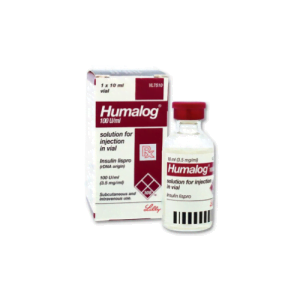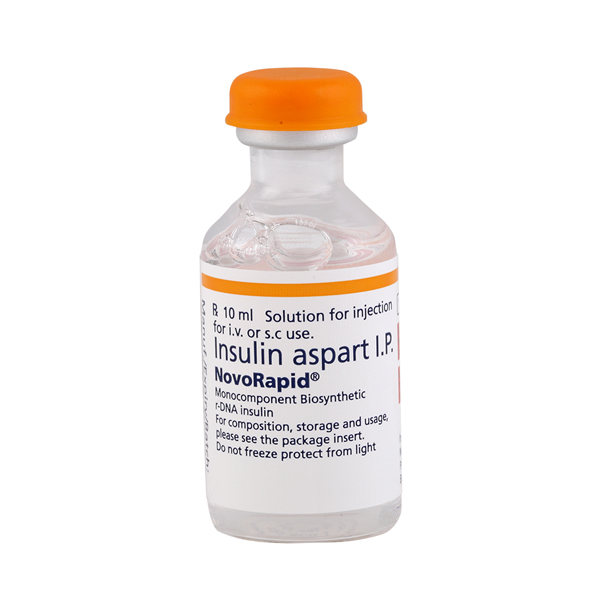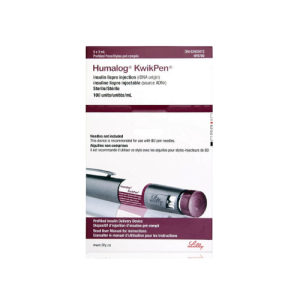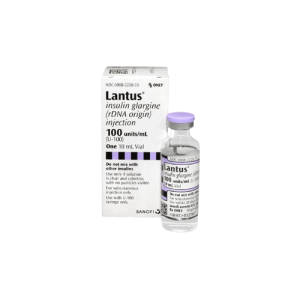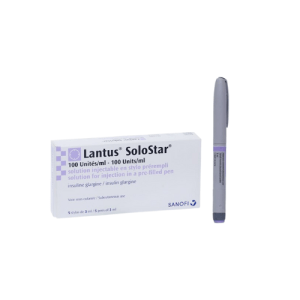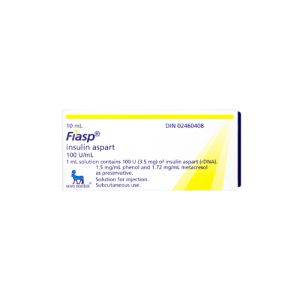What does metformin do for insulin resistance?
Metformin’s primary use is to control the overproduction of glucose by the liver. Metformin works to lower blood glucose levels, particularly during the night, to help control fasting glucose levels. However, it can also control glucose levels during the day.
This medication, also known by its brand name Glucophage, improves the uptake of glucose into the muscles. All of these functions contribute to increasing insulin sensitivity and decreasing insulin resistance.
How long does metformin take to work for insulin resistance?
The amount of time it takes for metformin for insulin resistance to work may depend on the dosage prescribed. Unfortunately, metformin does not start working immediately; it may take 4 or 5 days for the medication to take effect and lower the patient’s blood sugar.
Metformin dose for insulin resistance
The prescribed dose of metformin for insulin resistance is up to 2,000 mg daily, divided into two doses. However, there are a few uncomfortable side effects associated with metformin, including diarrhea and headache, so patients typically start at a lower dose of 500 mg. The best time to take this drug for insulin resistance is with meals or before bedtime to lower the risk of hyperglycemia in the morning.
You can check Metformin cost at canadianinsulin.com!







